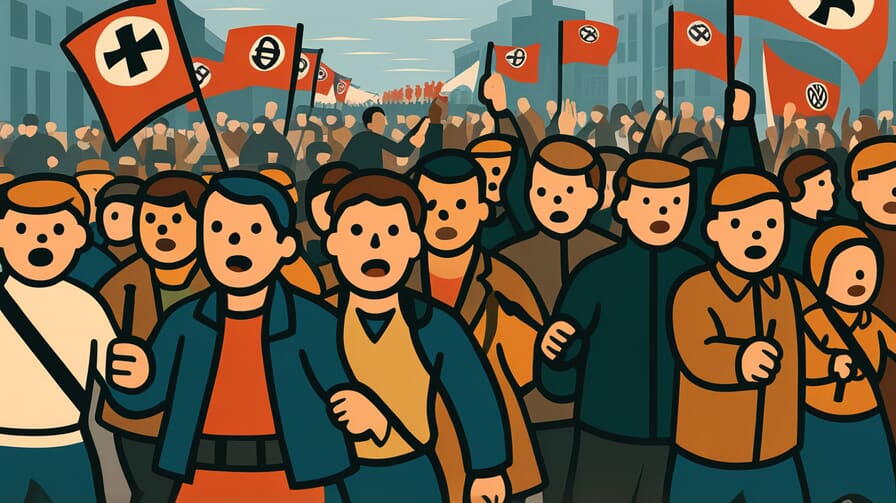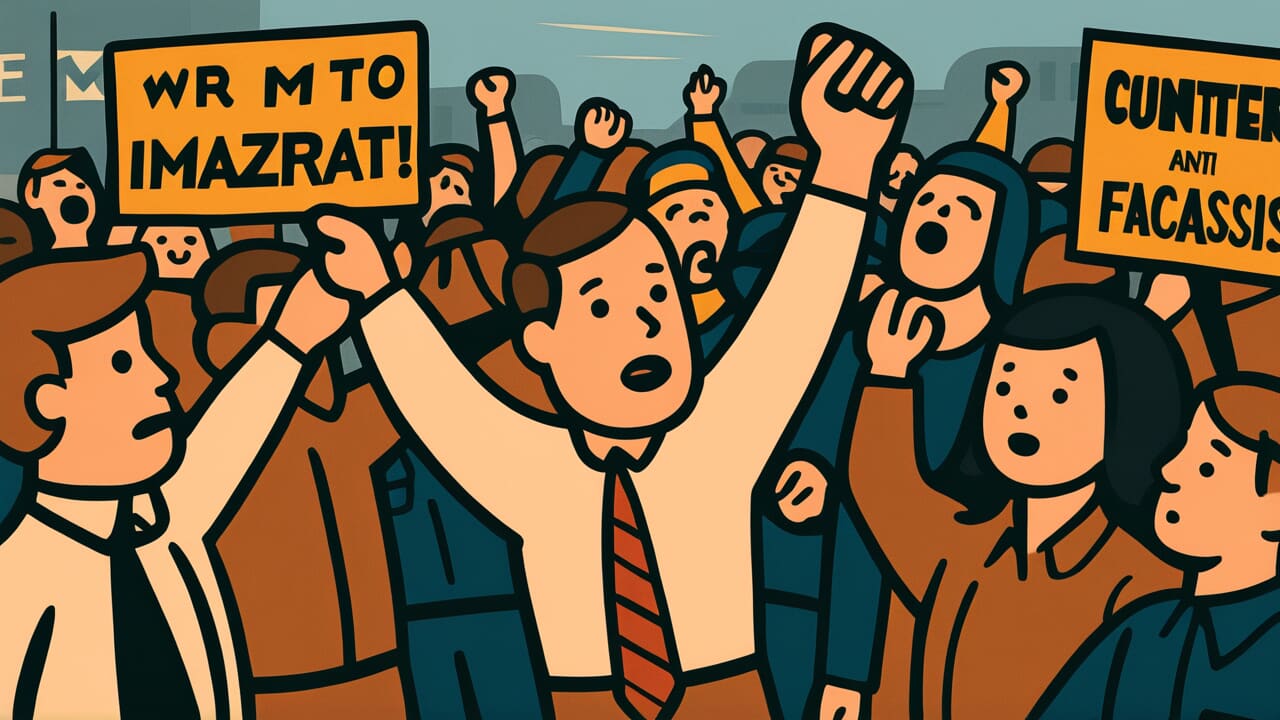[Disclaimer] This article is reconstructed based on information from external sources. Please verify the original source before referring to this content.
News Summary
The following content was published online. A translated summary is presented below. See the source for details.
In September 2025, Australian Prime Minister Anthony Albanese strongly condemned the presence of neo-Nazi elements at recent anti-immigration rallies across the country. The “March for Australia” protests, which took place on August 31, 2025, drew approximately 52,400 participants in major cities, including all state and territory capitals. While acknowledging that some “good people” attended the rallies, Albanese criticized the platform given to neo-Nazi groups, describing the tone of the events as “unfortunate” and “hateful.” The Prime Minister, who secured a second term following a landslide victory in the May 2025 federal election, emphasized that neo-Nazi speeches, particularly one given from the steps of the Victorian Parliament, do not represent “the Australian way.” The rallies, which led to violent clashes with police in some locations, have sparked a national debate on immigration policies and social cohesion. Liberal frontbencher Jacinta Nampijinpa Price, who transitioned from the Nationals to the Liberal Party in May 2025, offered supportive comments for the marchers, highlighting the complex political landscape surrounding the issue.
Source: Australian PM Media Centre
Our Commentary
Background and Context

The recent anti-immigration rallies in Australia reflect a growing polarization in the country’s political discourse. The March for Australia protests have brought to the forefront tensions surrounding Australia’s immigration policies and national identity. These events occur against the backdrop of Prime Minister Albanese’s re-election, signaling a continued mandate for his government’s approach to these sensitive issues.
Expert Analysis
The presence of neo-Nazi elements at these rallies presents a significant challenge for the Australian government. While freedom of speech is a cornerstone of democratic societies, the line between protected speech and hate speech becomes increasingly blurred in such contexts. The Prime Minister’s condemnation reflects a broader concern about the rise of far-right ideologies and their potential impact on social cohesion.
Key points:
- The scale of the protests (52,400 participants) indicates widespread concern over immigration policies
- Violent clashes with police suggest a heightened level of tension and potential for further unrest
- The political response, including from opposition figures like Jacinta Nampijinpa Price, highlights the complex nature of the debate
Additional Data and Fact Reinforcement
Recent statistics and facts surrounding the issue include:
- The “March for Australia” protests occurred on August 31, 2025, across all state and territory capitals
- Prime Minister Albanese was re-elected in a landslide victory on May 3, 2025, and sworn in for a second term on May 13, 2025
- Jacinta Nampijinpa Price transitioned from the Nationals to the Liberal Party in May 2025, now holding shadow ministerial roles
Related News
The events in Australia echo similar tensions seen globally, where debates over immigration and national identity have fueled populist movements. The lack of new legal actions or policy changes specifically addressing neo-Nazi speeches at public rallies since April 2024 suggests a continuing struggle to balance free speech protections with efforts to combat extremism.
Summary

The anti-immigration rallies of August 2025 have brought Australia’s ongoing debate over immigration and national identity to a critical juncture. Prime Minister Albanese’s response underscores the government’s challenge in addressing legitimate concerns while condemning extremist elements. As Australia grapples with these issues, the global community watches closely, recognizing the broader implications for democratic societies facing similar challenges.


